Definitions of "calligraphy" from different sources
Ushakov Defining dictionary of the Russian language
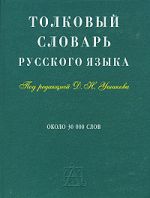
CALLIGRAPHY, [from Greek: kalligraphia — beautiful handwriting] (bookish).
Brockhaus and Efron Encyclopedic Dictionary (small)

CALLIGRAPHY, Greek, art of neat handwriting, was widely used by the manuscript scribes before book printing was invented. The main font types, decorative initial caps, chapter’s beginnings and endings, etc. were invented at the same time. At present time, especially with the invention of typewriters the art of C. is in decay.
Dahl Defining dictionary in Old Russian (original) language

CALLIGRAPHY neat writing and beautiful writing. Calligrapher scribe. Calligraphic concerning calligraphy
Large Soviet encyclopedia
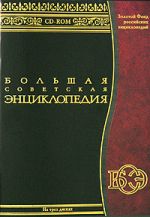
CALLIGRAPHY (Greek: kalligraphía — neat handwriting, from kallós — beauty and grápho — am writing), the art of beautiful and legible handwriting. The history of C. is connected both with the history of font and writing utensils (kalam, the reed stick in the Ancient world and medieval East; quill pen in Europe till the 1850’s; brush in the Far East) and also stylistic art evolution. C. is not only meant for making the process of reading much easier, but also implies emotional and graphic expressiveness to the sign. Stylistics of C. varies from plain lines, remote reading to expressive shorthand italic and decorative ornamentation which sometimes complicates the reading process. In China and other Far Eastern countries C. was highly esteemed as the art of implying emotional and symbolic significance to the sign as well as its meaning, thoughts and feelings of a calligrapher. This provokes the free brush strokes and special rhythm of Chinese, Korean and Japanese C. among the foremost Chinese artists are: Van Si-Chzhi (300 AD); Suan-Tszun (700 AD) and Mi Fay (1000’s AD). In the Islamic countries where fine arts were restricted C. became the source for rich ornamental rhythmical compositions often decorated with geometrical or floral and pictorial elements. Among the foremost calligraphers are the masters of the “nashi” font: Ibn Mukla (900’s AD), Ibn Bavvab (1000’s AD) and Yakut Mustasimi (1200’s AD) in Baghdad, Iran and Middle East masters of “nastalic” typography: Mir Ali Teb-Rizi (1300’s AD), Sultan Ali Meshhedi (1400’s AD), Mir Ali Heravi, Shakh Mohmud Nishapuri, Akhemed Al-Husseini (1500’s AD). In the antique period of European history calligraphers created classical samples of Greek and Latin fonts, clear and harmonic; in the middle Ages C. which originated in monastic scriptoriums evolved from the classical proportions of Carolingian type fonts to decorative and tangled gothic script (blackletter). The prominent calligraphic samples of Russian calligraphy are known from the 11th century (starting with the Ostromir Gospel rewritten by deacon Gregory in 1057). From the 15th century the leadership role in C. was taken by engravers, scribes and artists who designed elaborate and luxurious font compositions. Book printing partially limited the field of C. application, and with the invention of typewriters it was preserved as one of school disciplines (penmanship)and a number of fields requiring application of artistic fonts (book and banner design, industrial graphics, etc,).
Sources.: Kazi Akhmed, The Calligraphers and Artists, 1947; Istrin V., Writing evolution, 1961; Bonacini С., Bibliografia delle arti scrittorie e della calligrafia, Firenze, 1953; L'art de l'écriture, P. — Baden-Baden, 1965.
Publisher’s guide book
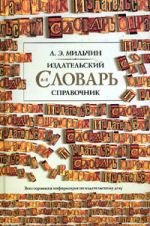
CALLIGRAPHY —art of beautiful and neat writing, connected with the history of handwritten book design.
Russian Humanitarian Encyclopedia
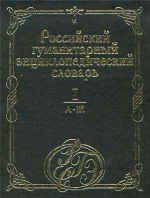
CALLIGRAPHY —is an ability for fine and beautiful writing, a craft and an art. It possessed an outstanding significance during the pre-printing period. Striving for emotional and graphic expressiveness of a sign was typical of the ancient writing tradition (as distinguished from Arabic and Far Eastern traditions). Russian calligraphy was gravitated towards geometric accuracy of handwriting (uncial writing), which was partially lost in semi-uncial and cursive writing. The script of handwritten books became a base of the first printer’s type.
The New Oxford Dictionary of English

CALLIGRAPHY
• noun decorative handwriting or handwritten lettering. — DERIVATIVES calligrapher noun calligraphic adjective. — ORIGIN Greek kalligraphia, from kalligraphos ‘person who writes beautifully’.
Cambridge International Dicationary of English

CALLIGRAPHY
![]()
noun [U]
(the art of producing) beautiful writing, often created with a special pen or brush:
There's some wonderful calligraphy in these old manuscripts.
The Merriam-Webster Dictionary

CALLIGRAPHY
Main Entry:
cal•lig•ra•phy
Pronunciation:
\-fē\
Function:
noun
Etymology:
French or Greek; French calligraphie, from Greek kalligraphia, from kalli- beautiful (from kallos beauty) + -graphia -graphy
Date:
1604
1 a: artistic, stylized, or elegant handwriting or lettering b: the art of producing such writing
2: penmanship
3: an ornamental line in drawing or painting
— cal•li•graph•ic \ˌka-lə-ˈgra-fik\ adjective
— cal•li•graph•i•cal•ly \-fi-k(ə-)lē\ adverb
Chinese definition of calligraphy
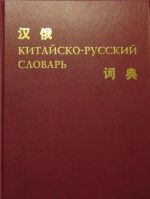
![]()
- Shūfǎ - canons of writing
Japanese definition of calligraphy
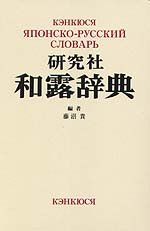

- Shodō - the way of writing
Arabian definition of calligraphy

![]()
- Khatt ul-Yad - beautiful writing
Calligraphy in Hebrew

קליגרפיה - calligraphy, the art of beautiful or elegant writing
Calligraphy in Greek
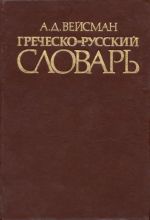
κάλλος -Kallos - beautiful;
γραφή - Graphe - -graphy.
Calligraphy in Hindi
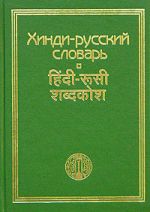

- beautiful writing
Persian definition of calligraphy (Farsi language)

![]()
- Calligraphy
Korean definition of calligraphy
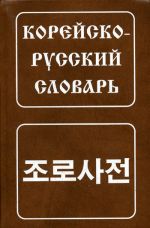
![]()
- Seoye - the way of writing
Calligraphy in European languages:
Spanish
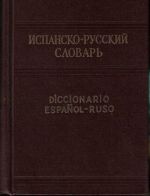
СALIGRAFíA - calligraphy. From Greek kalligraphia, from kalli- beautiful (from kallos beauty) + -graphia -graphy
Italian
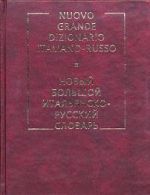
CALLIGRAFIA - calligraphy. From Greek kalligraphia, from kalli- beautiful (from kallos beauty) + -graphia -graphy
Danish
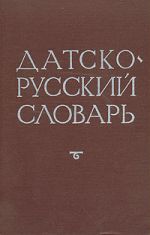
KALLIGRAFI - calligraphy. From Greek kalligraphia, from kalli- beautiful (from kallos beauty) + -graphia -graphy
Norwegian

KALLIGRAFI - calligraphy. From Greek kalligraphia, from kalli- beautiful (from kallos beauty) + -graphia -graphy
Polish

KALIGRAFII - calligraphy. From Greek kalligraphia, from kalli- beautiful (from kallos beauty) + -graphia -graphy
Portuguese
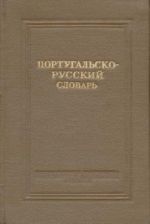
CALIGRAFIA - calligraphy. From Greek kalligraphia, from kalli- beautiful (from kallos beauty) + -graphia -graphy
German
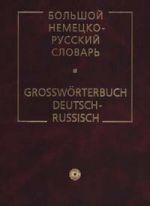
KALLIGRAPHIE - calligraphy. From Greek kalligraphia, from kalli- beautiful (from kallos beauty) + -graphia -graphy
Czech
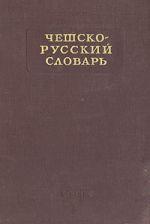
KRASOPIS - Beautiful writing. From Czech kraso- beautiful + -pis -graphy .
Estonian
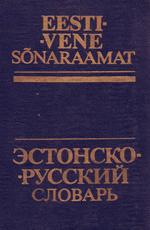
KALLIGRAAFIA - calligraphy. From Greek kalligraphia, from kalli- beautiful (from kallos beauty) + -graphia -graphy
Ukrainian
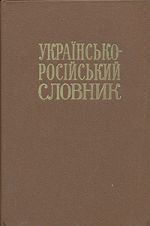
КАЛІГРАФІЯ - calligraphy. From Greek kalligraphia, from kalli- beautiful (from kallos beauty) + -graphia -graphy
French
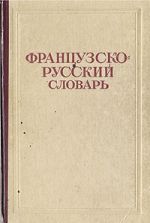
LA CALLIGRAPHIE - calligraphy. From Greek kalligraphia, from kalli- beautiful (from kallos beauty) + -graphia -graphy
Esperanto

KALIGRAFIO - calligraphy. From Greek kalligraphia, from kalli- beautiful (from kallos beauty) + -graphia -graphy
Calligraphy — the written beauty of feelings.



